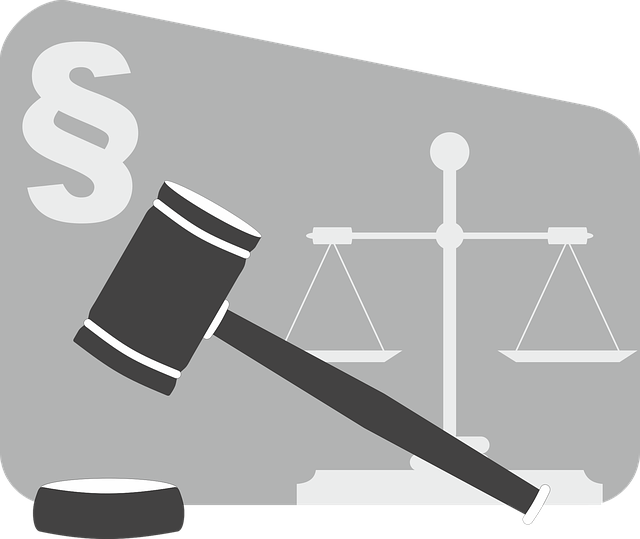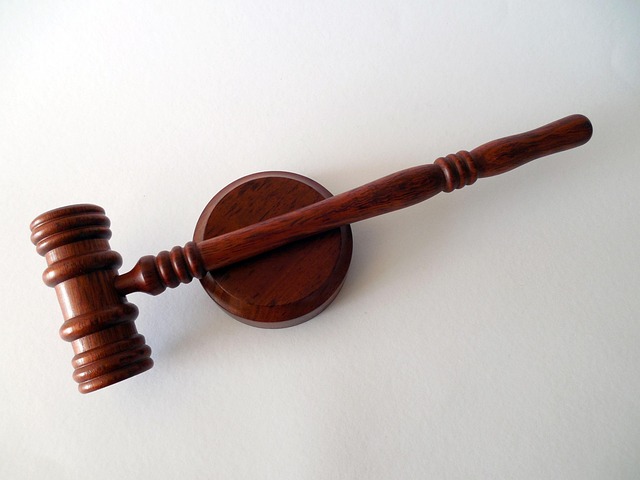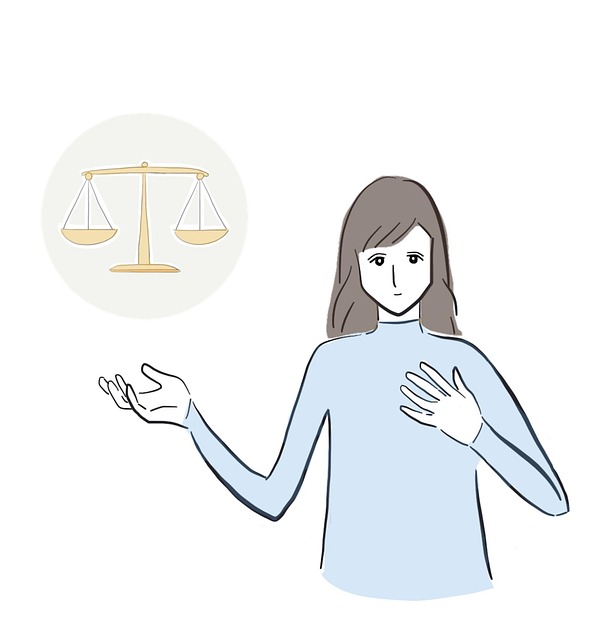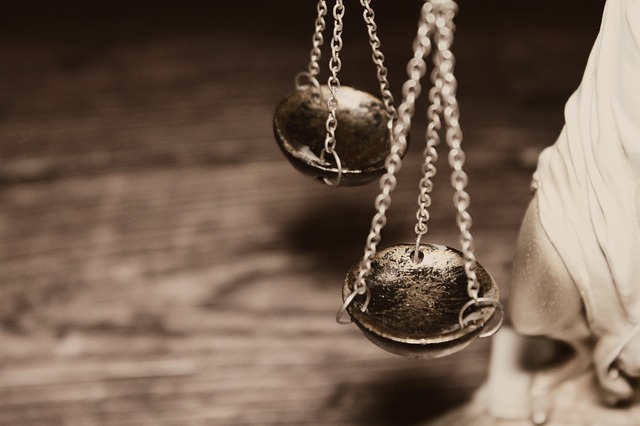Wrongful death beneficiaries, typically family members or dependents, rely on state laws for fair compensation after fatal incidents like auto accidents, medical errors, or neglect. Eligibility criteria vary across states and are crucial for successful claims. Consulting a local attorney is essential to navigate complexities, understand rights, and ensure beneficiaries receive just compensation according to applicable laws. Legal professionals advocate for survivors, guiding them through processes and securing comprehensive injury compensation.
- Understanding Wrongful Death Beneficiaries: Who Are They?
- The Legal Framework: State Laws Governing Beneficiaries' Rights
- Protecting the Interests of Wrongful Death Beneficiaries: Key Provisions and Protections
Understanding Wrongful Death Beneficiaries: Who Are They?

Wrongful death beneficiaries are individuals or entities who stand to gain financially from a wrongful death lawsuit. These beneficiaries are often closely tied to the deceased person, such as family members or dependents. In cases of fatal auto accidents, medical malpractice, or caregiver negligence, these individuals may seek compensation for their losses through legal action. An experienced auto accident attorney can guide them through this complex process, ensuring they receive fair and just reimbursement for damages incurred due to someone else’s negligent actions.
Understanding who qualifies as a wrongful death beneficiary is crucial. Different states have varying laws governing these rights, so it’s essential to consult with an attorney familiar with local legislation. For instance, in cases of auto accident injuries leading to fatal outcomes, beneficiaries might include surviving spouse, children, parents, or even siblings, depending on the jurisdiction. Each state has its own criteria for determining who can file a wrongful death claim and what damages they can seek.
The Legal Framework: State Laws Governing Beneficiaries' Rights

In the event of a wrongful death, state laws play a pivotal role in defining the rights and entitlements of beneficiaries. Each jurisdiction has its own set of regulations that outline the procedures for filing claims and distributing compensation. These legal frameworks ensure fairness and provide a structured approach to dealing with such sensitive matters. When it comes to wrongful death beneficiaries, state laws govern every aspect, from eligibility to the process of claiming damages.
The specific rules vary across states but generally address key issues like the time frame for filing a lawsuit, the types of compensation available (such as punitive damages, medical expenses, and loss of earnings), and who can be considered a beneficiary. For instance, some states have strict deadlines for filing claims related to medical malpractice or caregiver negligence, ensuring that victims’ families can pursue client recovery within a specified period. Understanding these state laws is crucial for anyone navigating the complexities of wrongful death cases.
Protecting the Interests of Wrongful Death Beneficiaries: Key Provisions and Protections

Protecting the interests of wrongful death beneficiaries is a critical aspect of state laws, ensuring that loved ones receive fair and just compensation for their loss. Key provisions often include stipulations that maintain the rights of survivors to seek injury compensation from negligent parties responsible for fatal accidents. These protections may also extend to ensuring a fair distribution of settlement funds or judgments awarded in such cases.
A truck accident lawyer, for instance, can play a vital role in navigating complex legal landscapes and advocating for wrongful death beneficiaries. They help families understand their rights and guide them through the process of filing claims, which is especially crucial when dealing with partnership disputes or other complex matters. The goal is to secure appropriate injury compensation that reflects the full extent of the loss suffered by the beneficiaries.
Understanding who constitutes wrongful death beneficiaries is crucial, as state laws govern their rights to compensation. These laws provide a framework to protect the interests of those affected by a loved one’s untimely demise, ensuring they receive fair and just reparation. By examining key provisions and protections, we can see how these statutes serve as a vital symphony of advocacy for wrongful death beneficiaries, harmonizing their legal standing and fostering a sense of justice in an otherwise challenging time.






